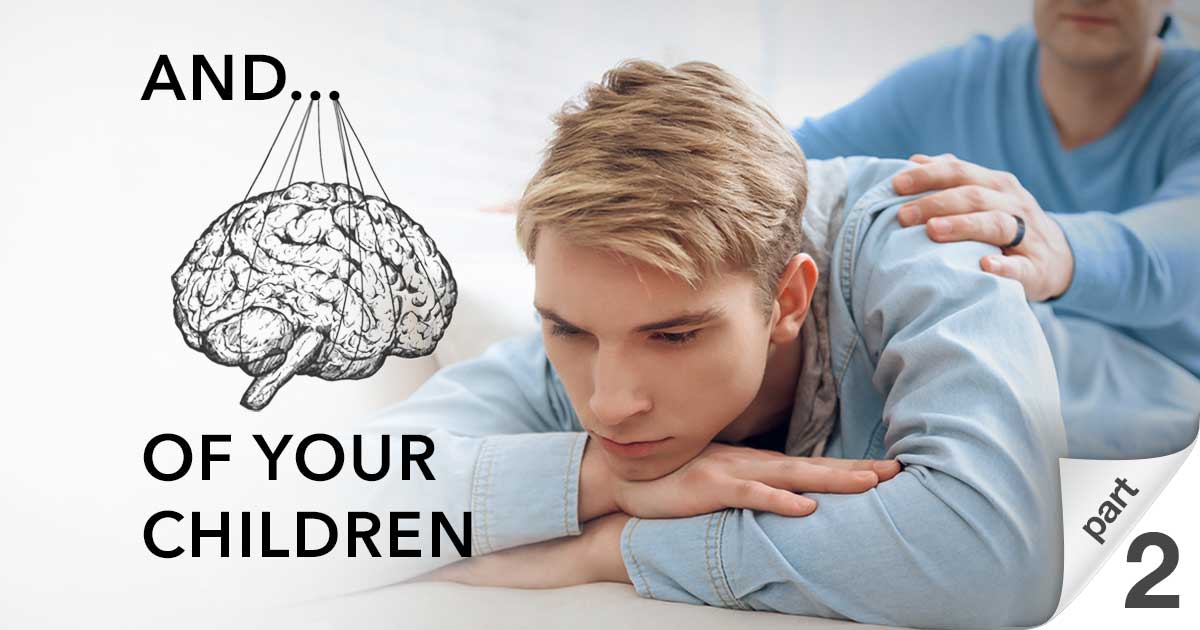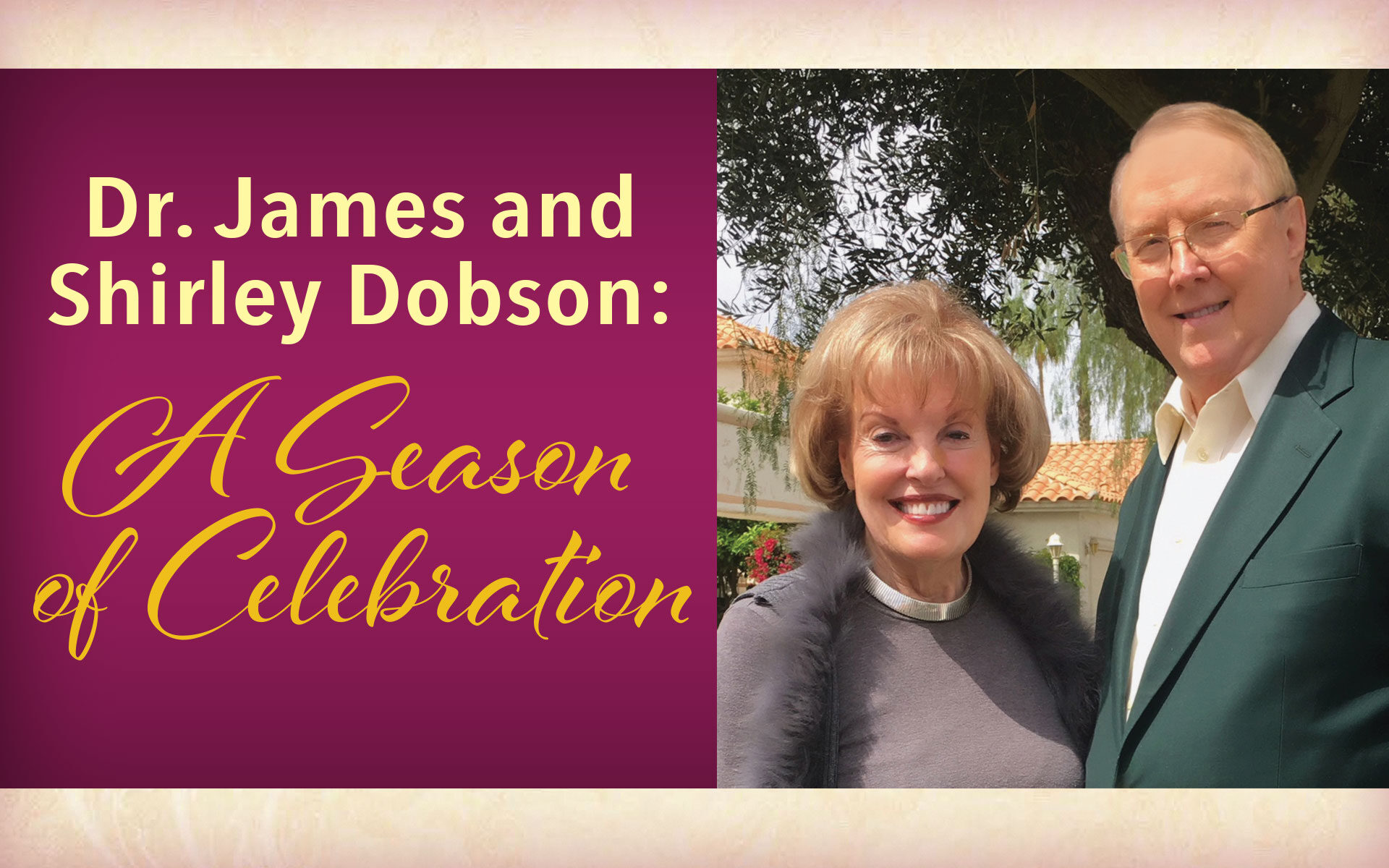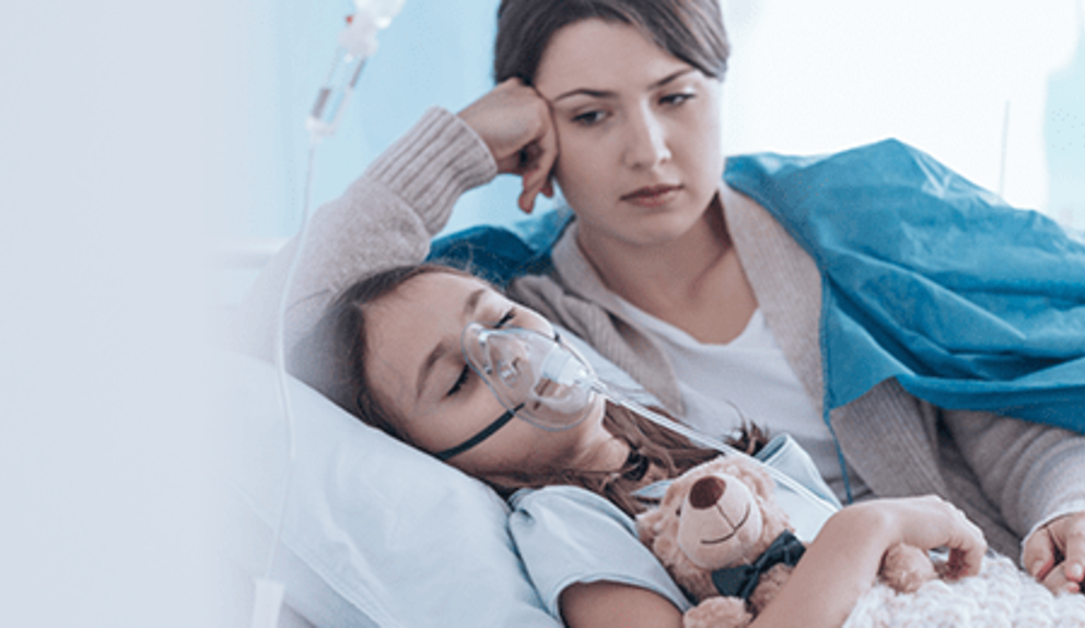When did you first become aware of autism? I became VERY aware of autism after my fourth son, Joshua was diagnosed with autism shortly before his 3rd birthday. Well, that is not entirely correct. As a board-certified pediatrician, I already knew what autism was. Indeed, there were three whole paragraphs dedicated to autism in my pediatric textbook from the 1980's. It was listed under "Childhood Psychoses"! It was so rare that the estimated occurrence was between 1 and 4.5 in 10,000 children. So rare, they assured me, that after seeing one patient with autism, I would likely never see another case for the remainder of my career! Well, we all know something changed over the past several decades as the incidence rate for autism now hovers around 1 in every 36 children.
Knowing something in a textbook is not the same as living with it. There is nothing like the experience of watching the regression of your own child right before your very eyes. At least I did not have to convince anyone that my son's loss of speech was "normal" and boys just "do that." Or that his runny, foul smelling, gritty stools were just normal "toddler's diarrhea." Or how his chronic night time awakening wasn't about "poor parenting skills" or "poor sleep hygiene." I knew it wasn't normal, and my wife made sure I knew, too. She told me to go fix him!
Well, he had autism. He had nothing to fix. But he also had a lot of medical issues that I knew could be addressed. I wondered, "if I fix his obvious medical issues, could his autism be, in some way, less autistic?" Could he sleep through the night? Could he have normal stools? Could we regain his beautiful eye contact? Could we even hope for language? It made sense to me that if a therapist had a choice of working with a child who was up most of the night screaming or one that got a full night's rest, they might be able to make more progress.
So where was I to start? My wife helped me out there. She told me she could deal with just about anything if she could just get 8 hours of unadulterated sleep! I had read a study from the 1980's that said children and adults with autism do not produce enough melatonin—a hormone needed for sleep. Well, that made sense, and it would be easy to fix. Just give him melatonin. I started him on an over-the-counter supplement of melatonin (1 mg) before bed, and that helped a little. Then I increased it to 2 mg—and he slept through the night. Hmm, how about the diarrhea? It would be really nice to fix that. About this time, there were a few people advocating removing gluten and all things dairy from the diets of children on the autistic spectrum. I told my wife about this and she knew what dairy was, but what was gluten?
After understanding that gluten is a protein found in many of the flours used in cooking and that it, like dairy, can cause morphine-like responses in children on the autism spectrum, we decided to remove these foods from Josh's diet. Wow! His hyperactivity decreased, his eye contact improved somewhat, and he was a lot calmer. Even better, by removing gluten and dairy from his diet and adding a digestive enzyme, his stools went from gritty diarrhea to formed! Now we were totally on board identifying what could be medically treated and developing a strategy.
That's the beginning of my autism awareness and for the past 20 years, I have dedicated my professional career to helping families all around the world with autism and other neurodevelopmental disabilities. It doesn't matter what diagnosis a child with autism gets, be it chronic abdominal pain, immune deficiency with numerous infections, food allergies, gastro-intestinal issues, anxiety, focus and concentration, attention deficit (the list goes on and on)—would it not be wise to treat these medical issues like you would a broken arm? I have found that when a child's medical issues are resolved, they are able to enjoy a much better quality of life! Then often they can attend church, participate in social programs to a much greater degree, and form friendships.
Speaking of friendships, I strongly encourage parents I work with to keep their marriage fresh and alive. Since the autism road can be long and sometimes isolating, having your best friend by your side really helps. I encourage date nights at least twice a month. And guys, you need to see that your wife gets some time to herself—weekly. Even if it's only a couple of hours at a stretch. Autism is really hard work.
I do have a lot of single moms and dads in my clinic as well. Same rules apply. They may have to rely on support from a grandparent or special friend to get their much-needed respite. This is where the church can really step in as well and be helpful, as they can sponsor events that watch over children with special needs for a few hours each month, giving the parents some time off. In our local area, we have Nathaniel's Hope which sponsors "Buddy Break" through our local church. Have you looked into what you have available in YOUR area?
Autism awareness also includes young adults who are on the spectrum and will not be able to live independently. With the number of children with autism increasing the way it has over the past two decades, many more young adults will need housing and staff to look after them when their parents are no longer able to provide the support they require. We are going to have to build some really marvelous communities to provide a loving life-long learning environment, and encourage continued growth in developing independent living skills, social connectedness, and physical well-being. In addition, medical care will have to continue to be addressed as they age. Sound impossible? With man maybe, but not with God!
Having a child with special needs is tough. Nobody can argue with that. It is vital for each of us to stay strong in the Lord and connect with a local church body that will be supportive and understanding. Get to know other moms and dads who are a little further down the road and can help you weather the storms. They will be able to give you really good advice on some simple things you can do to help your child have the best quality of life.
I know God has a plan, for each of us and each of our children. God certainly has a plan for me, and just to "nudge" me down the right path, HIS path, he gave me Joshua! I believe that autism entered my life so that I can be there to help others find a way down their road with a child on the autism spectrum. Isn't that how many ministries are started? That is, having a personal experience with something impossible to handle by our own means. And… we just give it all to God. We surrender all to Him. He then turns it all around and something beautiful comes out of it. That's when we can share our experiences with others, encourage them, and most importantly, point their families to Jesus.
Related Resource
Understanding Autism: Encouraging and Supporting Struggling Parents Part 1
Understanding Autism: Diets, Doctors, and Determination Part 2












